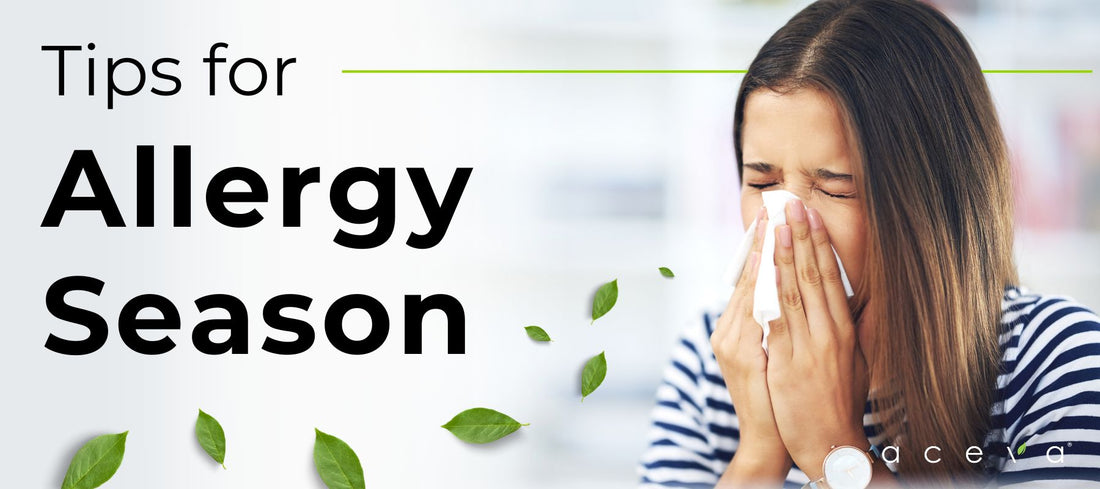As the calendar flips to spring, the world outside blooms into a riot of color. But for many, this season brings not only beauty but a host of unwelcome allergy symptoms. Sneezing, itchy eyes, and a runny nose become daily nuisances. However, there's good news: you don't have to be a passive victim of allergy season. Here are seven proven ways to dodge those allergies and reclaim the joys of spring:
1. Know Your Allergens
Knowledge is power, especially when it comes to allergies. Understanding what triggers your allergic reactions is the first step toward effective management. Common allergens include pollen, dust mites, mold, and pet dander. An allergy test can unveil your specific sensitivities, allowing you to adopt targeted avoidance strategies.
2. Track Pollen Counts
Technology is a valuable ally in the fight against allergies. Many websites and apps provide daily pollen forecasts. By monitoring these, you can plan your outdoor activities for times when pollen counts are lower, typically during late afternoons or after a heavy rain. On days when the air is thick with pollen, it's best to stay indoors.
3. Create a Clean Sanctuary
Your home should be your refuge against allergens. Regular cleaning can significantly reduce the presence of allergens in your indoor environment. Use a vacuum cleaner equipped with a HEPA filter to trap dust mites, pollen, and pet dander. An air purifier can also help clean the air of allergens. Keep windows closed on high pollen days to prevent these irritants from entering your home.
4. Rinse Away the Pollen
If you've been outdoors during allergy season, you're likely to bring pollen back with you on your clothes and hair. Changing your clothes immediately upon returning home and taking a shower can wash away these allergens. This simple practice can prevent you from spreading pollen throughout your home.
5. Embrace Barrier Methods
A few physical barriers can go a long way in protecting you from allergens. Sunglasses can shield your eyes from airborne allergens, reducing itchiness and irritation. A hat can prevent pollen from getting trapped in your hair. For those with severe allergies, wearing a mask outdoors during high pollen days can filter out many allergens before they reach your nose and mouth.
6. Stay Hydrated
Never underestimate the power of staying hydrated. Drinking plenty of fluids can help thin the mucus in your nasal passages, making it easier to expel allergens. Warm liquids, like herbal teas, can also soothe your throat and alleviate congestion.
7. Gut Health & Allergy Symptoms
Emerging research suggests a fascinating link between gut health and allergies. The gut microbiome, the complex community of microorganisms living in our digestive tracts, plays a critical role in our immune system function. A healthy, balanced gut microbiome can enhance immune tolerance, potentially reducing the severity of allergy symptoms. By nurturing your gut health, you may be able to alleviate some of the immune responses that exacerbate allergy symptoms.
In Conclusion:
While allergy season can be a challenging time for many, implementing these strategies can significantly reduce your symptoms and improve your quality of life. Remember, the goal isn't just to endure allergy season but to enjoy the beauty of spring with minimal discomfort. By taking proactive steps, you can look forward to the season with a smile rather than a sneeze.
Don't let allergies hold you back. Embrace these tips and spring into action against allergies this season!






